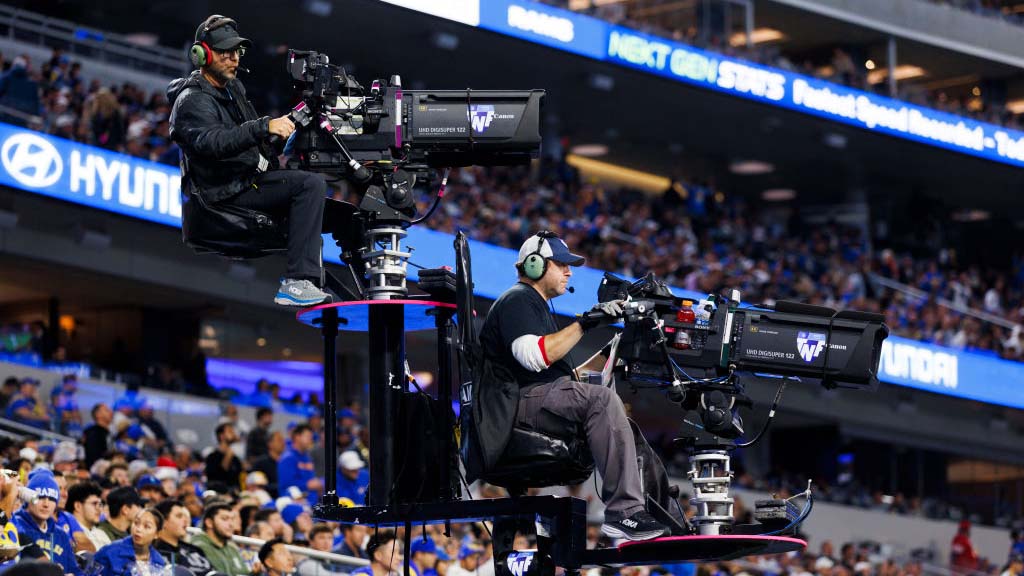
It was probably inevitable Congress would start looking into the move of sports to streaming platforms.
Pay TV knows the feeling of being the free TV spoiler when it comes to sports siphoning, in that case from broadcast — think Monday Night Football’s move to ESPN — but now multichannel video programming distributors (MVPDs) are the ones complaining about losing access to big-ticket sports.
That was made clear at what was described as an “educational” hearing, titled “TV Timeout: Understanding Sports Media Rights” in the Communications and Technology Subcommittee on Wednesday (January 31).
Also Read: The Game’s on Cable
“One of the most pressing issues facing the video industry is the migration of key sports programming from pay TV to the ‘direct-to-consumer’ offerings of the largest programmers, like Peacock, Amazon, and WarnerMedia,” DirecTV chief content officer Rob Thun said.
The current flashpoint was the January 13 Peacock-exclusive Kansas Chiefs-Miami Dolphins NFL wild card playoff game.
Rep. Kathy McMorris Rodgers (R-Wash.), chair of the parent Energy & Commerce Committee, called it a streaming-only game, but technically that was not the case since it was available via broadcast in the teams' home markets, as is the case with Monday Night Football (though the Hollywood writers and actors strikes led to ABC simulcasting most games this season).
Rodgers also cited Amazon’s deal with the Bally Sports regional sports networks for MLB, NBA and NHL games. She even cited scripted sports siphoning, with Netflix as the new home to WWE’s Monday Night Raw.
Subcommittee chairman Bob Latta (R-Ohio), called the “transition” of sports to streaming a “pivotal shift” and cited the Peacock exclusive, pointing out that it was the most streamed event in U.S. history.
But he also pointed out that the Peacock platform’s comparatively limited reach made it the least-watched playoff game so far this year.
“[I]f sports programming is the lifeblood of our media ecosystem, we must ask what it means if this valuable content increasingly moves from local broadcast stations to national platforms, like most streaming services,” ranking member Frank Pallone (D-N.J.) said.
Both Pallone and Latta signaled Congress would also be looking to get educated on the impact of the escalating cost of sports rights, which has been driven by the expanded competition for rights among broadcast, cable and streaming.
“Escalating sports licensing fees have been a major driver of increasing pay TV costs, even for consumers who don’t watch sports,” said Pallone, offering one of the arguments long made by fans of a la carte programming. “This has contributed to cord-cutting.”
He added: “[T]he rise of online streaming options, including games that air exclusively online, has caused significant confusion among consumers, with 60% saying they have trouble finding the games they want to watch.”







